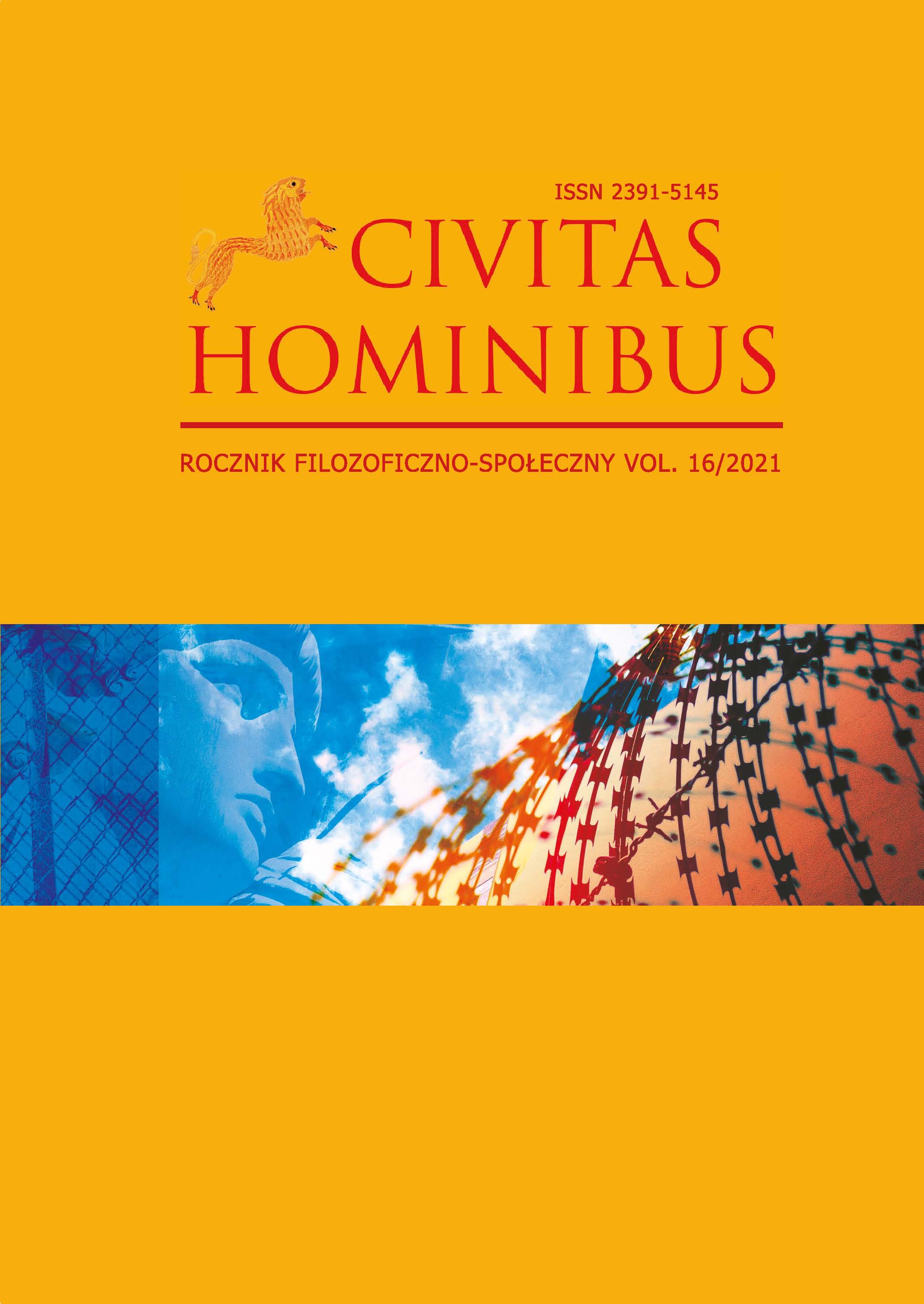US legal developments in outer space mining
DOI:
https://doi.org/10.25312/2391-5145.16/2021_07bgKeywords:
space mining, outer space treaty, space industry, appropriationAbstract
In December 2020 NASA (National Aeronautics and Space Administration) announced a contract with a private company to deliver Moon material to Earth, the first and only contract of this type to be concluded to date. The sum that will be paid for the services of Lunar Outpost company was set at 1 US dollar. Although the arrangement may seem like a publicity stunt to catch international media attention, it spurs a legal discussion on the actual degree of freedom to utilized outer space. This article is focused on describing the USA’s policy and legislation concerning the utilization of natural resources of outer space, and comparing it to the international legal framework of outer space activities.
Downloads
References
U.S. Code Title 51 – National and Commercial Space Programs. Agreement Governing the Activities of States on the Moon and Other Celestial Bodies, UNTS 1363, New York, 1992.
Arbitral Award of 31 July 1989, Guinea-Bissau v. Senegal, I.C.J. Reports, Hague, 1991.
Blount P.J., One Small Step: the Impact of the U.S. Commercial Space Launch Competitiveness Act of 2015 on the Exploration of Resources in Outer Space, “North Carolina Journal of Law & Technology & Tech”, Chapel Hill, No 18, 2016.
Convention on the Regulation of Antarctic Mineral Resource Activities, Wellington, 1988, preamble. Definition of the word “National”, available at: https://www.merriam-webster.com/dictionary/national#learn-more (access: 12.10.2021).
Egede E., Africa and the Deep Seabed Regime: Politics and International Law of the Common Heritage of Mankind, “Springer Science & Business Media”, Berlin, 2011.
Eros Project – Order of Dismissal, available at: http://www.erosproject.com/order03.html (accessed 12.10.2021).
Eros Project – US Department of State reply, available at: http://www.erosproject.com/exhibit01.html (access: 10.10.2021).
Freeland S., Jakhu R., Hobe S., Tronchetti F., Cologne Commentary on Space Law. Volume 2, Wolters Kluwer Deuschland GmbH, Cologne, 2009.
The Case of the S.S. “Lotus” (France v. Turkey), Judgment of 7 September 1927, P.C.I.J. Series A, No. 10. Protocol on Environmental Protection to the Antarctic Treaty, UNTC Volume 2941, A-5778, New York, 2013.
Shaw M.N., International Law, 6h edition, Cambridge University Press, Cambridge, 2009.
Treaty on outer space: hearings before the Committee on Foreign Relations, United States Senate, Ninetieth Congress, first session, on Executive D, 90th Congress, First Session, March 7, 13, and April 12, 1967.
Treaty on Principles Governing the Activities of States in the Exploration and Use of Outer Space, Including the Moon and Other Celestial Bodies, 610 U.N.T.S. 205, article VI. UN General Assembly, Convention on the Law of the Sea, 10 December 1982, available at: https://www.refworld.org/docid/3dd8fd1b4.html (access: 28.11.2021).
UNGA Resolution 1962 (XVIII), Declaration of Legal Principles Governing the Activities of States in the Exploration and Use of Outer Space. Vienna Convention on the Law of Treaties, United Nations, Treaty Series, vol. 1155.
Wrench J.G., Non-Appropriation, No Problem: The Outer Space Treaty Is Ready for Asteroid Mining, Case Western University Reserve, “Journal of International Law”, Vol. 51, 2007.
Downloads
Published
Issue
Section
License
Copyright (c) 2022 Akademia Humanistyczno-Ekonomiczna w Łodzi

This work is licensed under a Creative Commons Attribution-ShareAlike 4.0 International License.



